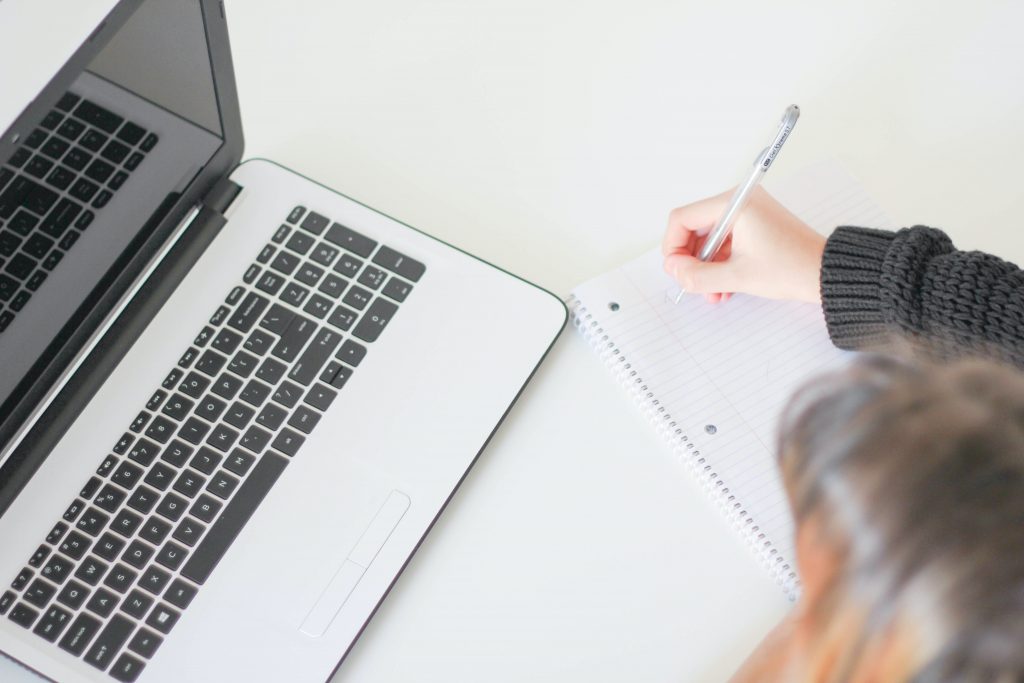Turning up to your lectures and seminars isn’t where the studying stops. Improving your study skills is the key to acing those assignments.
Knowing how to study is key to your success at uni. Making your study time as effective as possible will help you achieve better grades whilst still enjoying your social life. So, what are you waiting for? Here are five tips to improve your study skills.
1. Explore the Library’s resources and support
If you’re looking to enhance your academic writing and critical thinking skills, then look no further than the Library’s Skills website. With self-help guides, videos and workshops across different sorts of skills, you’re bound to find something to help you skill up and improve your grades.
2. Create a study plan
Part of being a student is deciding what to do when you’re not actually in lectures or seminars. Of course you shouldn’t spend all your time studying but, if you have an exam or an important assessment approaching, always avoid cramming your studies into the few days before.
The best way to stay organised and avoid those library all-nighters is to create a study routine. Schedule some time each week to focus on your assignments. Research has found that spacing out study sessions over longer periods of time improves long-term memory, which means you’ll retain all the key information needed to smash your exams or assignments. It also makes your study sessions shorter, so it’s a win-win! Not sure where to start? Check out Cosmopolitan’s top tips for creating your revision timetable.

3. Find your happy place
Besides your lecture theatres and seminar rooms, it’s crucial to find the right study environment for you. The ideal study space differs for everyone, meaning that there is no right or wrong place. Whether you prefer your bedroom desk, a quiet coffee shop or the library, there are a few aspects that all great study spaces embody. Be sure your happy space is tidy, has a strong wifi connection (if you need to access the internet), spare sockets, comfy chairs, lots of natural light and plenty of refreshments. You can find lots of study spaces both on and near campus. Find your next study spot on our Student Spaces blog (and see some of our favourites below).
4. Access your support services
Now that you’ve found your happy place and can structure your study periods, it’s time to figure out which of our support services can help you achieve your academic potential.
- The Library can help you with referencing, further reading and digital skills for learning.
- Are you disabled or have a condition that affects your learning? Make sure to contact our Disability Inclusion Service to see what advice and support they can provide.
- If you’re planning for the future (or looking for a part-time job alongside your studies), the Careers and Enterprise team can assist you with job applications, CV tips, course funding and mock interviews.
Also, be on the lookout for schemes to enhance your employability skills. We share when schemes are open and updates on all the support services on Facebook, Twitter and Instagram, as well as on the Student Hub.
5. Look after yourself
Our final tip is perhaps the most important one to remember when planning your study sessions – look after yourself. To study effectively, you need good energy and concentration levels to perform well. You can achieve this by ensuring you eat healthy, high-energy foods and drink plenty of water. Physical exercise is also a great way to increase focus; even small, consistent amounts working wonders for your body and mind. This doesn’t mean that you can’t reward yourself with a sweet treat every now and again (we love a cheeky chocolate bar from the Broadwalk Convenience Store) but try to avoid overloading on sugar, so you can stay on track and remain focused. These simple health tips not only improve your physical health but also your mental wellbeing, ensuring that you’re rested, happy and ready when it comes to studying.
If you need some additional support please reach out to our Wellbeing and Counselling team. They are here to help you succeed by providing advice on how to manage your wellbeing and tips to look out for yourself and your peers.





